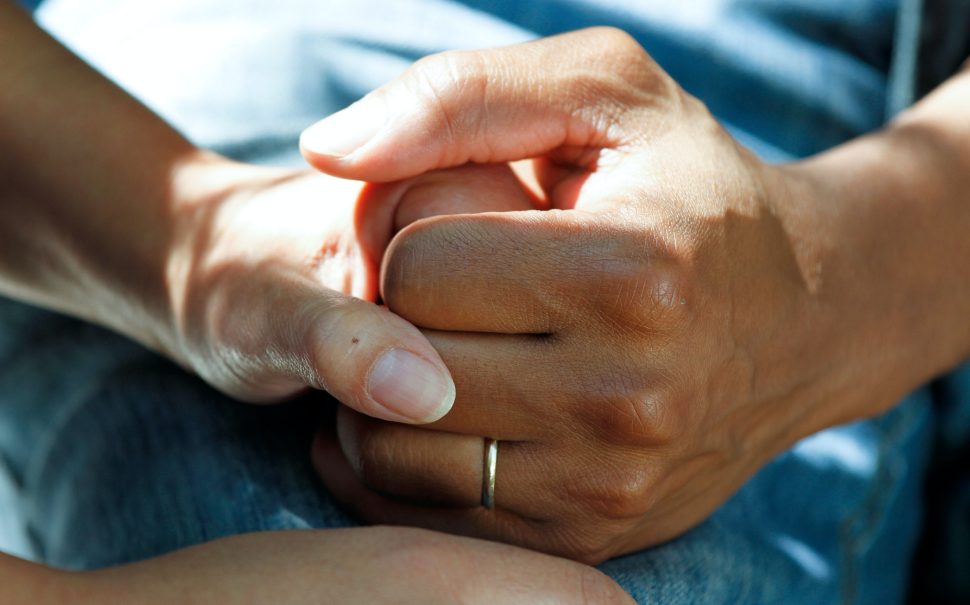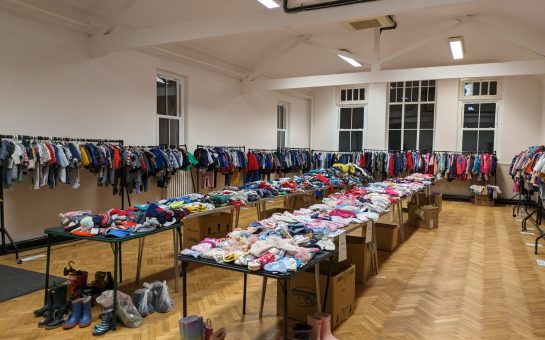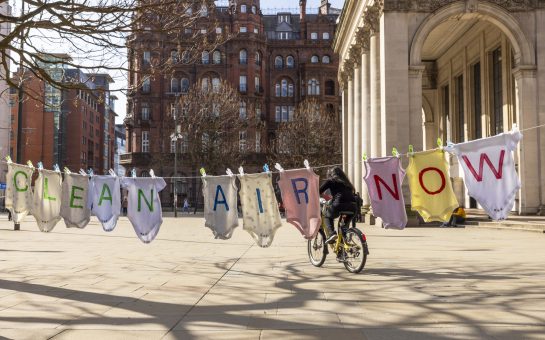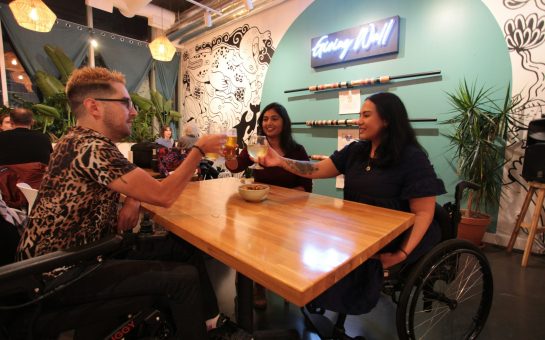The borough in Greater Manchester with the highest proportion of ethnic minority unpaid carers is Manchester, according to the ONS.
Census data from the Office for National Statistics shows that the majority of unpaid carers across Greater Manchester are from a white background – with Manchester having the highest coming from ethnic backgrounds at 35.3%.

Across Greater Manchester, there were more people from ethnic minority backgrounds that provided 50 or more hours of unpaid care per week than any other amount of time.
On the other hand, there were more white unpaid carers providing nine or less hours of unpaid care per week than any other amount of time.
Therefore, ethnic minority unpaid carers were found to provide more hours of care per week, although they make up a small proportion of the total number of unpaid carers in Greater Manchester.

According to the data, released in September 2023, Oldham followed Manchester with 30.2% of unpaid carers being from ethnic minority backgrounds.
Councillor Barbara Brownridge, Cabinet Member for Health and Social Care for Oldham, said: “Unpaid carers play a vital role in caring for the needs of others, and their selfless efforts are helping people to live independently for as long as possible.
“We’re committed to ensuring unpaid carers feel supported as much as possible in their roles, and through Oldham’s Carers Services we already offer advice in areas such as carers’ rights, access to training, equipment and assistive technology and information on benefit entitlement amongst other things.”
Brownridge also spoke of changes that are currently being made to better support carers in Oldham.
She said: “We’re also in the process of refreshing our carers strategy to better outline how we can support people in their carer roles in Oldham going forward.”
Overall, the ONS figures follow the trend for the overall population figures in Greater Manchester – which show a majority of white citizens.
For example, Manchester also the highest percentage of ethnic minority people – with the population being 32.8% made up of ethnic minorities.
As well as Manchester, Rochdale and Stockport were shown to have a higher proportion of ethnic minorities in unpaid carer roles compared to the overall ethnic minority population.
Ethnic minority unpaid carers make up almost 17% of the total unpaid carers in Greater Manchester but reports from Carers UK have found that their experiences are significantly different to their white counterparts.
They found that 80% of Black, Asian, and ethnic minority carers said that they were providing more care than before the pandemic in April 2020 – this figure then increased to 90% six months later.
This research also found that ethnic minority carers were disproportionately impacted by the financial challenges facing carers, with 38% of Black, Asian, and ethnic minority carers struggling to make ends meet, compared to 27% of white carers.
As levels of inflation rise and households across the UK face a higher cost of living, these groups of carers are likely to be some of the hardest hit by financial difficulties.
The Carers UK “Caring behind closed doors” surveys suggested that White carers were less affected by the closure or reduction in local services: 35% cited this as their reason for providing more care in April 2020 compared to 47% of ethnic minority carers.
In their 2021 State of Caring Survey the monthly spend for carers was £114.16, rising to an estimated £145.84 for carers from a Mixed or Multiple ethnic background and £158.88 for Asian carers. This was a result of ethnic minority carers being less likely to be in receipt of financial support.
Ethnic minority carers can face barriers in accessing support from social care services and healthcare providers. Worries about catching Covid-19 continued to play a role in accessing support during the pandemic, particularly as people from particular ethnic minority backgrounds were more likely to suffer serious effects of the virus.
There are still many steps that need to be introduced to ensure that ethnic minority carers are not left at a disadvantage to their white counterparts.
Carers UK said: “Information and guidance should be available in a range of community languages, and voluntary and community sector organisations must provide adequate resources to ensure they can reach carers who are not in touch with mainstream services.
“Carers UK is calling on the government to improve carers’ access to essential support services, drawing on good practice examples and consultations with Black, Asian and ethnic minority carers to identify how services can be made more accessible and inclusive.”
They have released a good practice briefing for those supporting Black, Asian and ethnic minority carers which contains detailed information and examples.
For more Information: visit https://www.carersuk.org/ or the Carers UK Helpline service is available Monday to Friday, 9am-6pm on 0808 808 7777.




